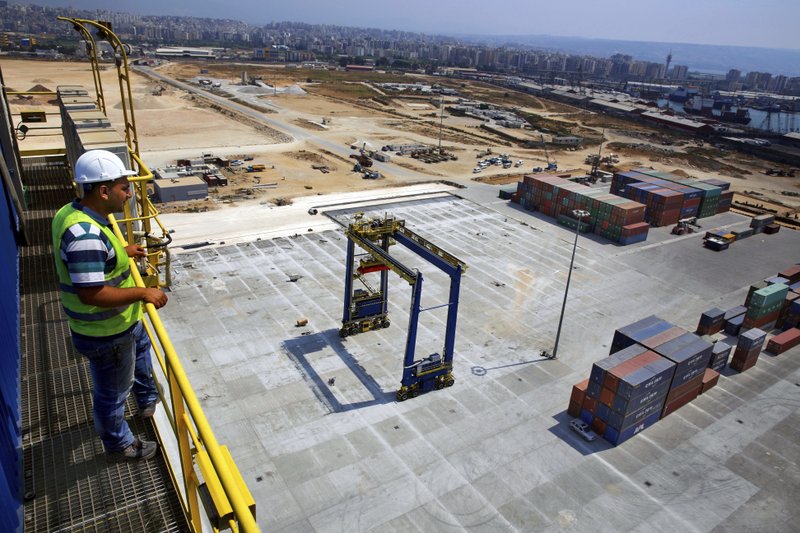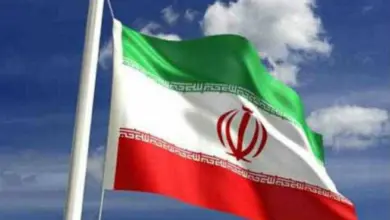
The sun is setting over Karamoja. Time for the nomadic herders to return their cattle to thorn-ringed enclosures. They’ve roamed since first light, searching for pasture in Uganda’s poorest region where water and grazing land are scarce.
Now the changing climate has brought hunger and bewilderment as traditional coping methods for the harsh environment fail. As the first major global climate conference convenes in Germany since President Donald Trump announced that the US will pull out of the 2015 Paris accord, many in Africa fear they will be hit harder than most.
In Karamoja, as in many rural areas of Africa, cattle are highly valued, a source of prestige and wealth. From a young age, Karamojong men build their herds to be used as dowry for marriage. Now they look to the rainless sky in frustration.
“We have just had to bear with it because we have nowhere to go,” said 62-year-old Mudang Lowal.
In northeastern Uganda, Karamoja’s semi-arid savannah borders Kenya’s Turkana region and South Sudan. The vast region, a tenth of Uganda’s land, has seen rising temperatures for the past 35 years.
Rainfall is poor and unreliable. Long dry spells and flash floods have become more frequent in the past decade.
Historically, the rainy season runs from April to September and the dry season from November to March, creating one harvest per year. But now that pattern has changed, causing crop failures and lower milk production. The Karamojong, who had developed early warning systems for the punishing environment based on wind direction, animal behavior and the flowering of trees, now feel off-balance.
“The seasons are now different,” said Michael Lokwameri, a father of seven children.
As tradition dictates, when changes in nature are noticed, village elders gather at a local shrine to decide on a way forward.
This year, the fruitless tamarind trees tell the elders that the upcoming dry season will not be as severe as last year’s, said elder Max Adjaka during a gathering in his village in Nakapiripirit district.
Last year, more than half of Karamoja’s population, or about 640,000 people, faced food shortages. Many resorted to selling their cattle or begging in the streets. Others ate wild plants.
“It is just desperation of hunger that forces us to eat such things,” said 72-year-old Nakoki Nayep.
The region is already vulnerable after decades of political upheaval. Thirty years of widespread conflict among herders ended when Uganda’s government swept in and forced them to disarm. An estimated 82 percent of the population lives in absolute poverty, compared to the national average of 31 percent. Aid groups such as the World Food Program provided emergency food aid to Karamoja for more than 40 years.
Climate change brings more uncertainty, experts say.
“For the case of Karamoja, the increase or the rise in temperature had been taken for more than 30 years,” said William George Omony, senior meteorologist at the Uganda National Meteorological Authority. He attributed last year’s drought to the global phenomena of El Nino and La Nina, which are increasing in frequency.
Temperatures in the region are set to rise by 0.8 degrees Celsius over the next 20 years and 2.3 degrees Celsius by the end of the century if no measures are taken, the authority says. Rainfall levels also are projected to increase, by 5 percent over the next 20 years and 15 percent by the end of the century.
Despite the growing rainfall, water reserves will be compromised by the rise in temperature and evaporation, Omony said. That will lead to more disease and the disappearance of once-resilient indigenous crops.
The use of drought-resistant crops and tree planting are encouraged to help the population adapt. In Namalu, the German government-backed GIZ development agency trains the Karamojong in sustainable agricultural practices. Learning assistant Caroline Ichomot said many farmers have embraced them.
The reception by the wider community has been mixed, in part because of traditional beliefs. Some pastoralists have resisted, especially after Uganda’s government in recent years prioritized permanent settlements and crop farming. Some critics say cultural identity, including freedom of movement for cattle, must be respected.
The official in charge of programs in Karamoja for the prime minister’s office, Francis Lowoth Okori, stressed the need to abandon handouts and develop sustainable assistance to fight the region’s hunger and poverty.
After last year’s drought, Ugandan officials met with aid groups. “We said, ‘What is the problem?’ And actually, we found the problem is water,” Okori said. The next step is the construction of at least 10 more dams across Karamoja, he said.




